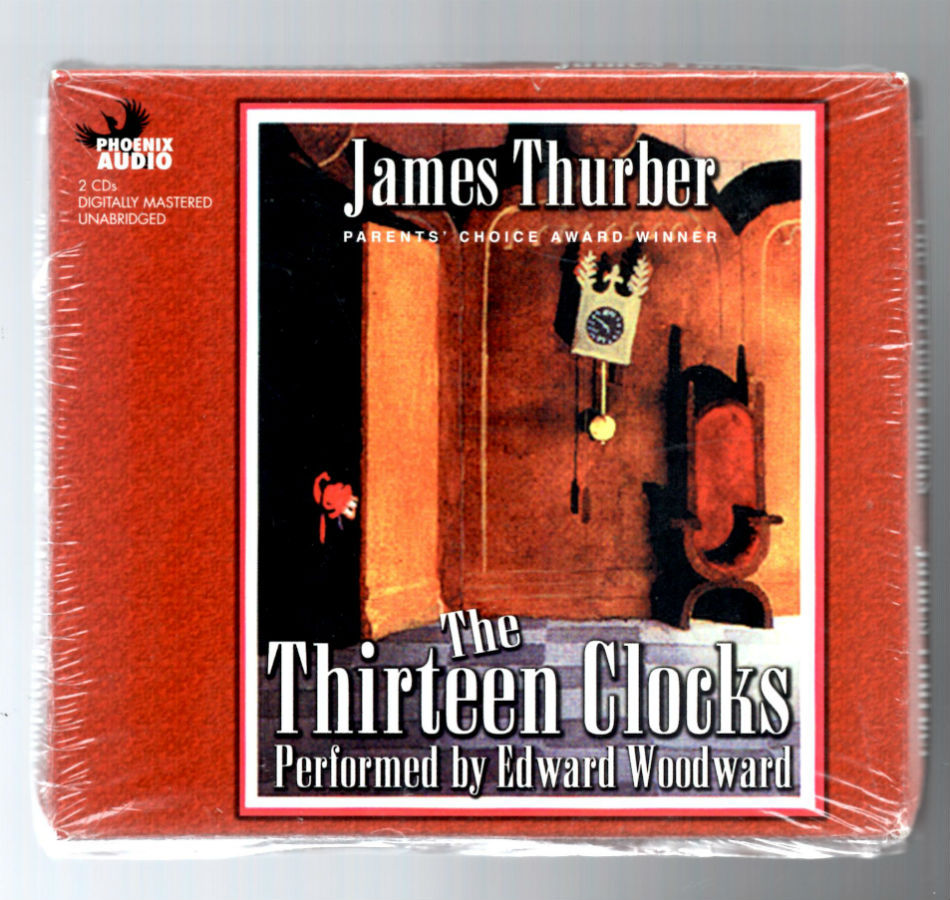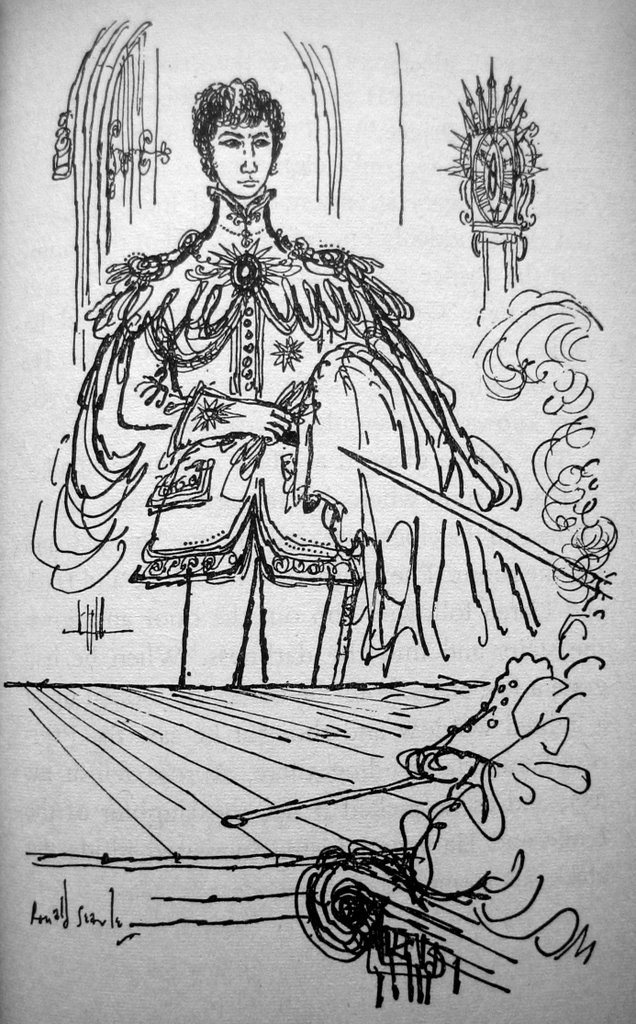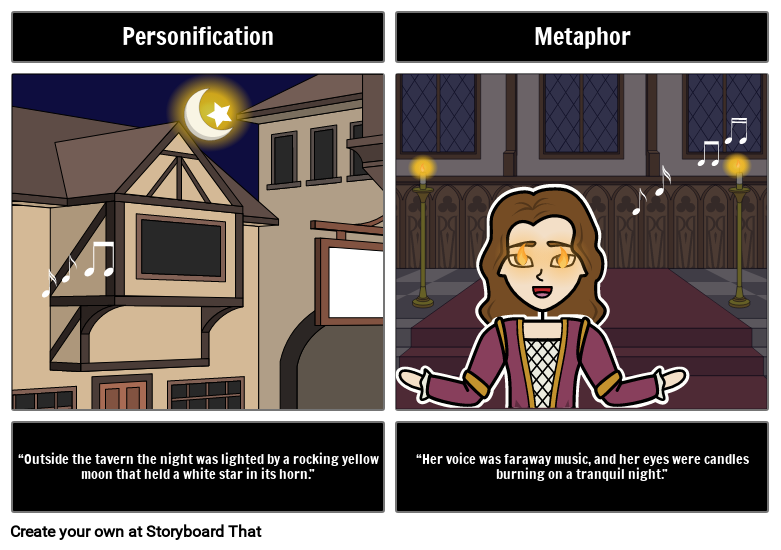

Northerners had the reputation of being neurotically strict religious fanatics, while southerners had the reputation of lazy plantation owners, living off slavery, for example. Everyone else was a joke in the 13 colonies. People in every state believed negative stereotypes of those in other states, and they stuck to them, even if they had never been to those states or ever met anyone from them.

States were laying claim to zones clearly within other states, not even contiguous to them, for example. The colonies bickered and fought with each other, over boundaries and territories among other things. The situation in the 1770s was amorphous. And a miracle that a new country could come of it all. It is a story of fumbles, slick marketing, racial fear-mongering, and blatant hypocrisy. It covers the 15 month period from the British attacks in Lexington and Concord to the publishing of the Declaration of Independence. This book is tighter, shorter and sharply focused on the racist hypocrisy of the founders. That is the premise of Thirteen Clocks, a reworking of The Common Cause by Robert G. In order to align the states into a united front against the British, the founders tried everything, but race worked best. Thirteen Clocks offers an accessible history of the Revolution that uncovers the uncomfortable origins of the republic even as it speaks to our own moment. American independence thus owed less to the love of liberty than to the exploitation of colonial fears about race. Between the Revolutionary War's start at Lexington and the Declaration, they broadcast any news they could find about Native Americans, enslaved Blacks, and Hessian mercenaries working with their British enemies. Parkinson argues that patriot leaders used racial prejudices to persuade Americans to declare independence. Tracing the circulation of information in the colonial news systems that linked patriot leaders and average colonists, Parkinson reveals how the system's participants constructed a compelling drama featuring virtuous men who suddenly found themselves threatened by ruthless Indians and defiant slaves acting on behalf of the king.

Parkinson provides a troubling answer: racial fear. So how did these American colonies overcome long odds to create a durable union capable of declaring independence from Britain? In this powerful new history of the fifteen tense months that culminated in the Declaration of Independence, Robert G. In his celebrated account of the origins of American unity, John Adams described July 1776 as the moment when thirteen clocks managed to strike at the same time.


 0 kommentar(er)
0 kommentar(er)
